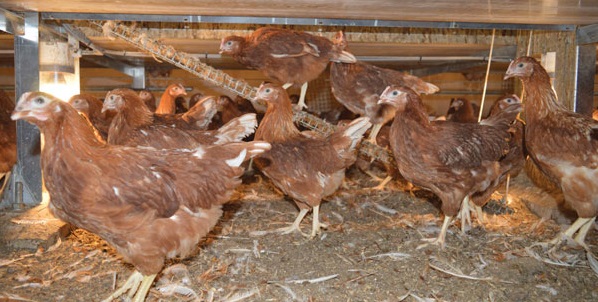
Vets in Germany have culled more than 13,000 birds after authorities discovered bird flu in a farm in the south-east.
Germany's animal health body confirmed the case as the high pathogenic H7N7 strain of bird flu.
The ministry said it could be transmitted to humans if they come into close contact with infected animals, although deaths are rare.
The German farm had 9,500 hens, 2,000 ducks and other poultry including 1,500 free range geese.
In July, scientists have confirmed avian influenza on an egg production unit in Lancashire.
The chief vet, Nigel Gibbens, ordered the culling of nearly 200,000 layers over the weekend after a suspected case was reported to the Animal and Plant Health Agency (APHA). A 10-kilometre restriction zone was put in place around the affected farm and a cull ordered on suspicion that bird flu was involved.
“A key concern for the coming months is the spread of avian flu, which has become a global issue in recent months," said Rabobank's Nan-Dirk Mulder.
Although the cause of the outbreak in Germany is unknown, Mulder said "several avian flu strains are already endemic in several parts of Asia and Mexico, and the disease is increasingly spreading globally via wild birds.”
Avian flu virus pressure will become a global issue for the industry after new high pathogenic avian flu outbreaks in the EU, Canada, India and Egypt add to existing cases in East Asia and Mexico.
